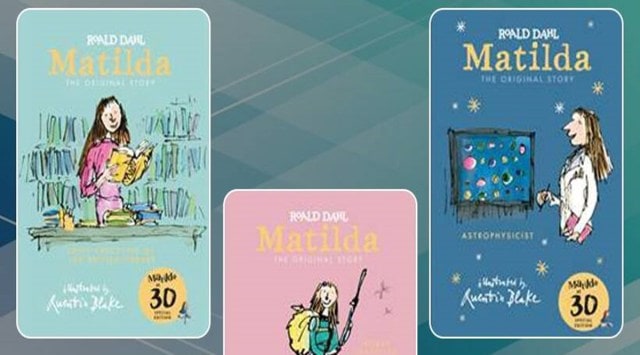
Roald Dahl’s books for children, from Charlie and The Chocolate Factory to Matilda are famous for their colourful language and ability to transport readers to a fantastical world. With “thin as a wire” and “ugly and beastly” characters, Dahl compels readers to visualise his absurd yet comically delightful world. Children are introduced to a host of creatures. And there begins their imaginative journey of envisioning people different from them. The tone of writing isn’t necessarily judgmental, more matter-of-fact.
But recently, Dahl’s publisher Puffin Books — in collaboration with Inclusive Minds (a collective for inclusivity in children’s literature) — decided to make some “small and carefully considered” changes to these books. “Sensitivity readers” have been hired to remove words with racist, classist or sexist overtones. For instance, the words “fat” and “ugly” have been removed across the board from all of Dahl’s books. The Oompa Loompas from Charlie and The Chocolate Factory are gender neutral now, changed from “small men” to “small people”. And the gluttonous antagonist, Augustus Gloop, is not “enormously fat”, just “enormous”.
Dahl, a British novelist, wrote from the 1940s to the 1980s when the white man’s arrogance was justified, even enabled. He conjured up stories that suited that context with characters that were based on limited knowledge of the world. But does that invalidate his writing altogether? Not at all. Instead, in the more liberal world of today, it offers adults a segue into making children understand that descriptions must remain just that — no connotations attached. The younger generation is largely growing up to be more inclusive and conscious than earlier ones and children’s books in these times must reflect that. But that is not the burden of a Dahl or an Enid Blyton.
These books have their own merits. Indians who grew up in the ’80s and ’90s mostly had Amar Chitra Katha or Chacha Chowdhary comics. But children’s books by authors like Dahl and Blyton provided a glimpse into another universe — even an imaginative one. For a curious child, that initial peek is sacred, like seeing the world differently for the first time. Even if it is through characters who are considered immoral, it played a role in presenting us with an alternative worldview. Books mirror society, the context they are written in — and that is something that must be valued. Even if for future generations to learn about what a topsy-turvy land it was!
adya.goyal@expressindia.com